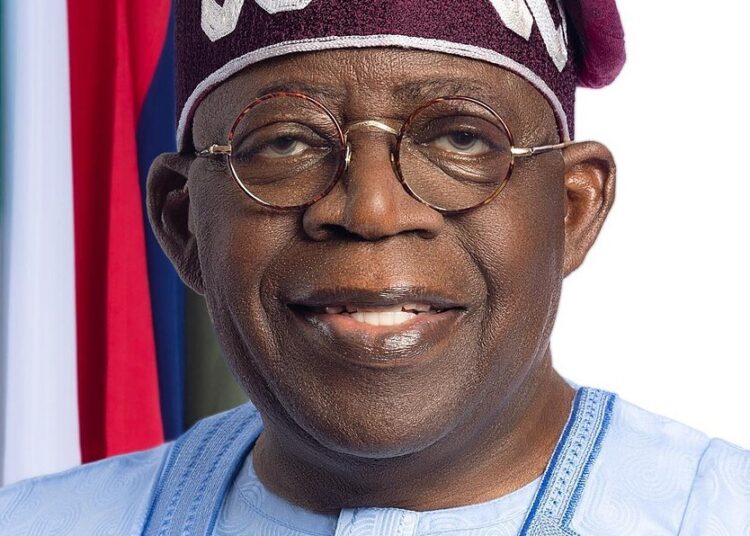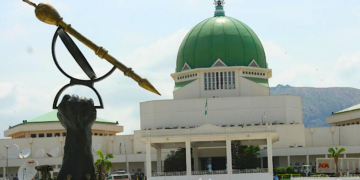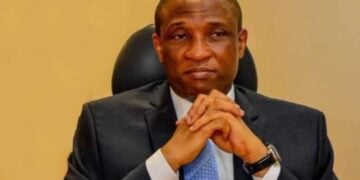The Presidency on Wednesday hailed Nigeria’s strongest fiscal performance in recent history, crediting reforms in compliance and digitisation for pushing non-oil revenues to record highs.
According to the latest figures, total collections between January and August 2025 reached ₦20.59 trillion, representing a 40.5 per cent increase from the ₦14.6 trillion recorded in the same period in 2024.
Of this amount, non-oil revenues accounted for ₦15.69 trillion, three out of every four naira. Consequently, the non-oil sector now contributes 75 per cent of total government revenue — confirming a fundamental shift from oil dependence.
President Bola Tinubu, while addressing a delegation of the Buhari Organisation led by Senator Tanko Al-Makura at the State House, noted that some media reports had misrepresented the positive growth trajectory in non-oil earnings.
He emphasised that the strong fiscal performance had eliminated the need for the federal government to borrow from local banks since the start of the year.
The Presidency explained that the jump in non-oil revenues was driven largely by reforms rather than temporary factors.
Customs collections alone generated ₦3.68 trillion in the first half of the year, surpassing the target by ₦390 billion and achieving 56 per cent of the annual goal.
Authorities said this was evidence of systemic changes — digitised filings, Customs automation, tighter enforcement, and broadened compliance — rather than one-off windfalls.
The government also pointed to increased disbursements to states and local governments as proof of inclusive growth.
For the first time in Nigeria’s history, monthly Federal Accounts Allocation Committee (FAAC) allocations to subnational governments crossed ₦2 trillion in July 2025, providing states greater fiscal space to fund food security, infrastructure, and social services.
Despite the record numbers, President Tinubu admitted that the revenue increases still fall short of his administration’s ambitions for spending on education, health, and infrastructure. He said efforts were ongoing to close these gaps.
In a statement, Presidential spokesperson Bayo Onanuga said:
“Nigeria’s fiscal foundations are being reshaped. For the first time in decades, oil is no longer the dominant driver of government revenue.
“The combination of reforms, compliance, and digitisation powers a more resilient economy. The task ahead is to ensure that these gains are felt in the lives of our citizens and in better schools, hospitals, roads, and jobs.”
The Presidency noted that while inflation and FX revaluation contributed to revenue growth, the uplift was primarily reform-driven.
It added that the Budget Office would publish final validated figures at the end of the year.





